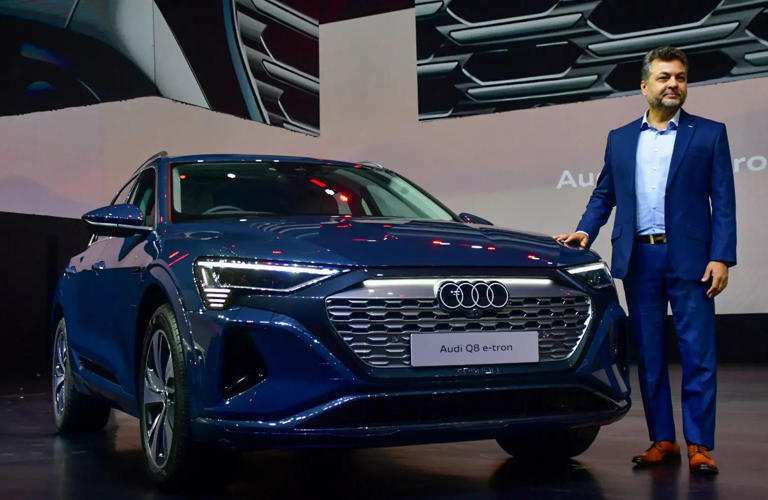In recent years, the automotive industry has witnessed a significant shift towards electric vehicles (EVs) as a more sustainable and environmentally friendly mode of transportation. Audi, a renowned luxury car manufacturer, has also embraced this transition and is making waves in the Indian automotive market with its commitment to launching more EVs in the country. In this article, we’ll delve into Audi’s strategic plans to electrify its lineup, the challenges it faces, and the impact this move will have on India’s automotive landscape.
The Rise of Electric Vehicles (EVs)
The Global EV Trend
Electric vehicles have gained immense popularity worldwide due to their reduced carbon footprint and lower operational costs. As governments and consumers prioritize sustainability, automakers are racing to develop and introduce EVs into their portfolios.
India’s EV Revolution
India, with its burgeoning population and increasing environmental concerns, is on the verge of an EV revolution. The government’s push for electric mobility and charging infrastructure development has created a favorable environment for automakers to invest in EV production.
Audi’s Pioneering Efforts
Audi’s Existing EV Lineup
Audi has already made strides in the EV market with the introduction of models like the Audi e-Tron and e-Tron Sportback. These vehicles have been well-received globally, and Audi now aims to replicate this success in India.
Sustainable Manufacturing
Audi is committed to sustainable manufacturing practices, ensuring that its EV production aligns with eco-friendly standards. This not only benefits the environment but also resonates with India’s growing environmentally conscious consumer base.
Local Assembly and Cost-Efficiency
To make EVs more accessible to Indian consumers, Audi plans to explore local assembly options. This move will not only reduce costs but also align with the government’s ‘Make in India’ initiative.
Challenges and Opportunities
Charging Infrastructure
One of the primary challenges in promoting EVs in India is the development of a robust charging infrastructure. Audi recognizes this and plans to collaborate with stakeholders to expand the charging network.
Market Competition
Audi faces stiff competition from other luxury car manufacturers entering the Indian EV market. However, its strong brand presence and commitment to sustainability give it a competitive edge.
Opportunities for Growth
Despite the challenges, Audi sees significant growth opportunities in India’s EV market. The potential for increasing demand and government support make it an attractive prospect for the brand.
Conclusion
Audi’s commitment to launching more EVs in India showcases its dedication to sustainability and innovation. As the Indian automotive landscape transforms, Audi is well-positioned to lead the charge towards a greener future.
FAQs
Q. Are Audi’s EVs available in India now?
A. Currently, Audi offers its e-Tron models in India, with plans to expand its EV lineup in the near future.
Q. What is the government’s role in promoting EVs in India?
A. The Indian government has introduced various incentives and policies to promote EV adoption, including subsidies and charging infrastructure development.
Q. How does Audi plan to address charging infrastructure challenges?
A. Audi intends to collaborate with partners to expand the charging network and make it more accessible to EV owners.
Q. Will Audi’s EVs be competitively priced in India?
A. Audi aims to explore local assembly options to reduce costs and make its EVs more competitive in the Indian market.
Q. What is Audi’s vision for sustainability in India?
A. Audi is committed to sustainable manufacturing practices and aligning with India’s environmental goals to reduce its carbon footprint.
